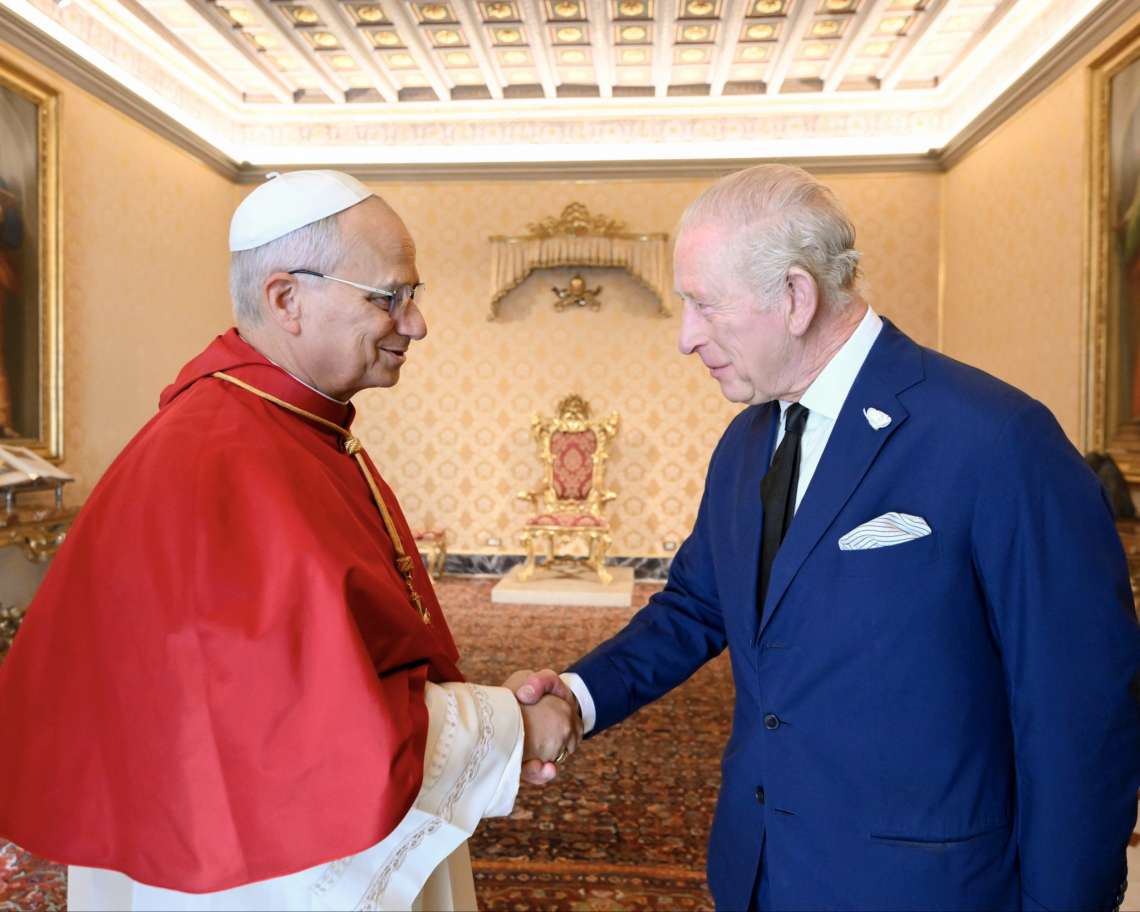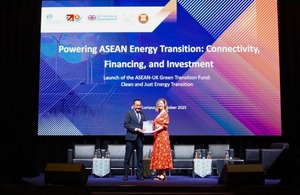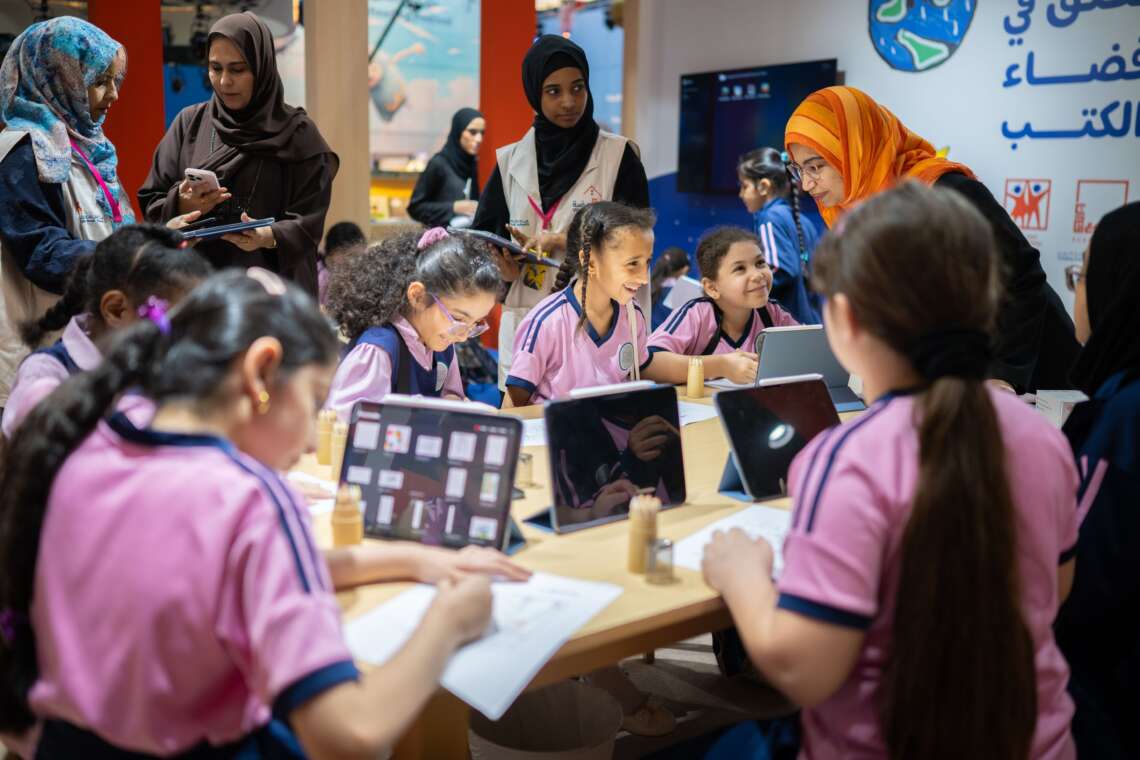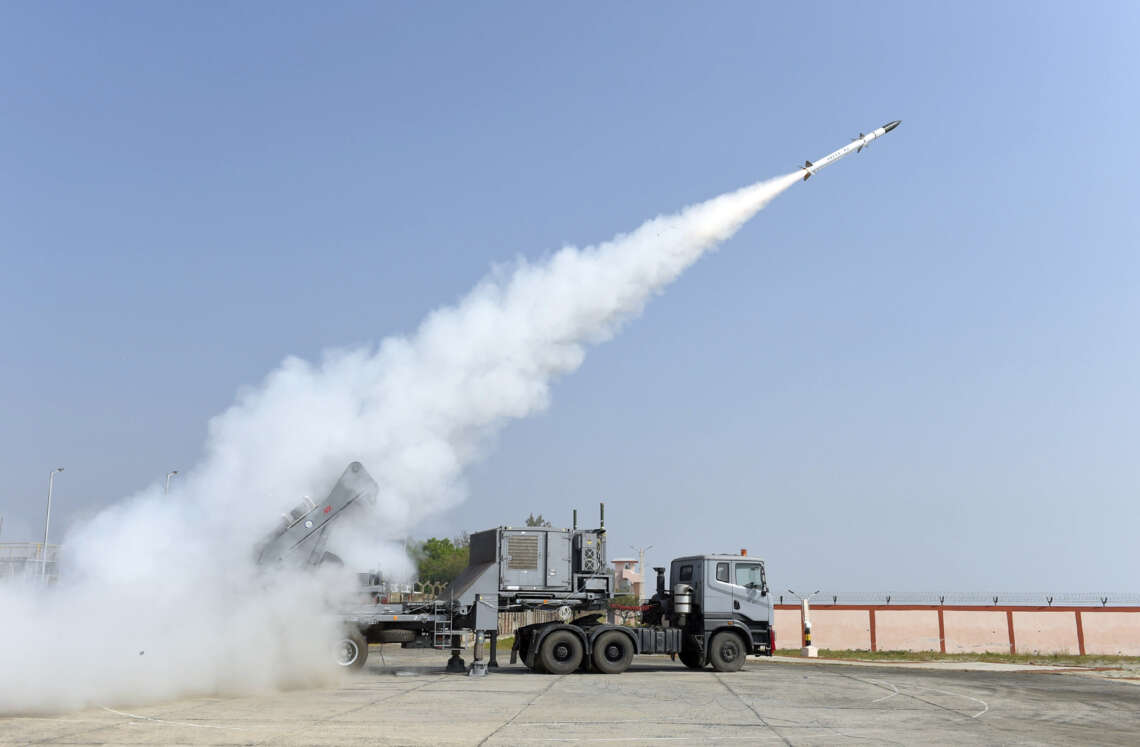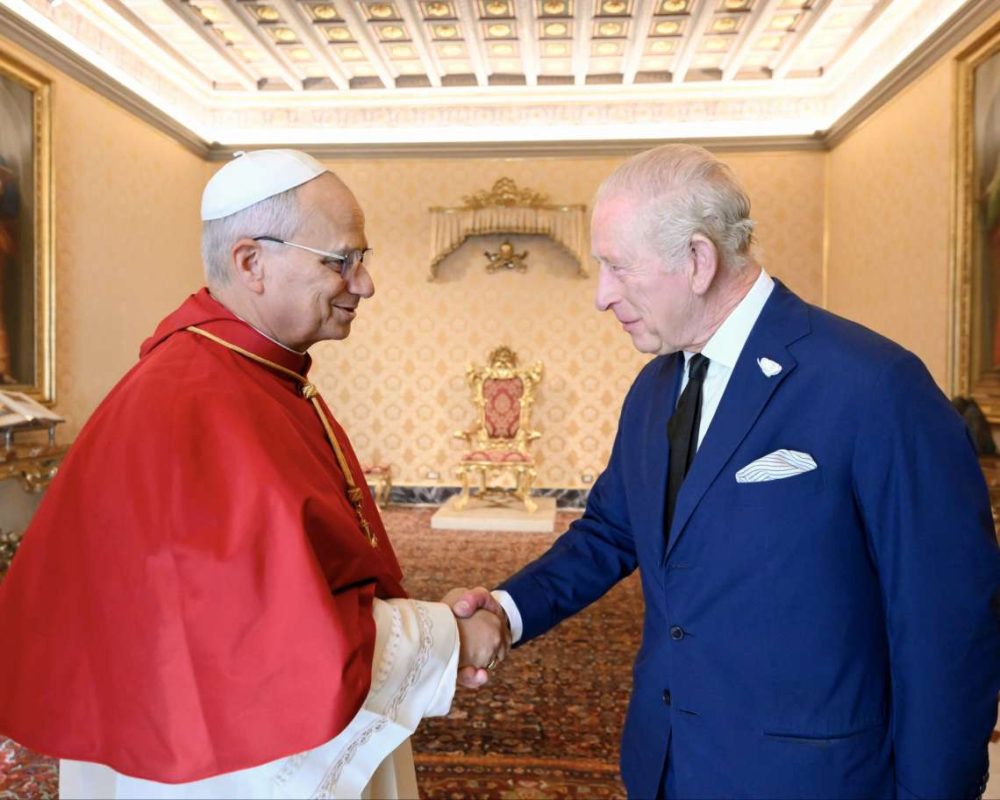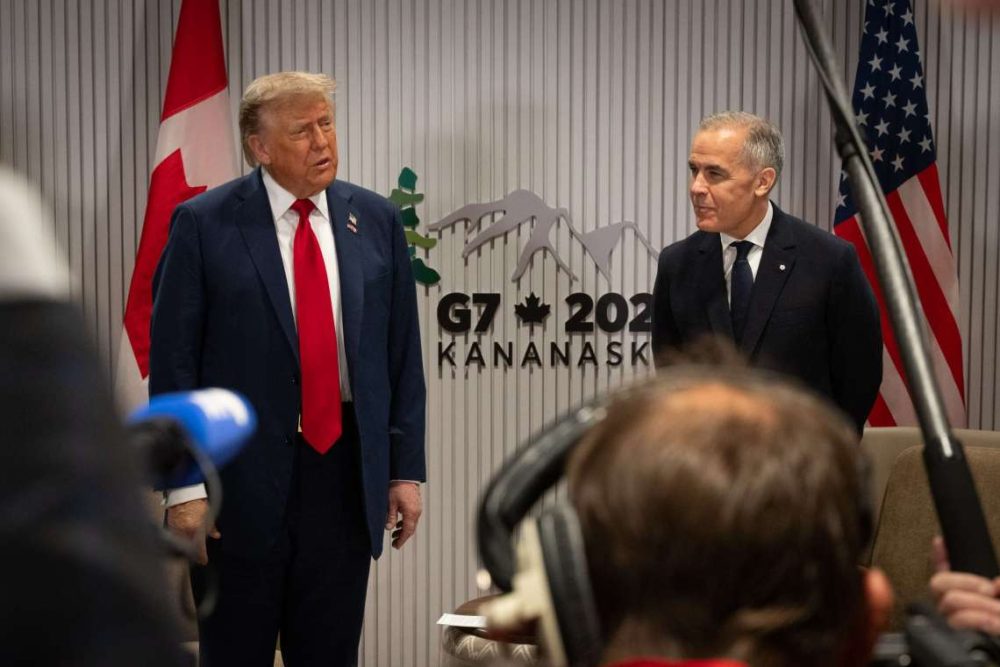The FTA is expected to deliver wide-ranging benefits. Labour-intensive sectors like apparel will see tariff barriers removed, making Indian goods more competitive in the UK…reports Asian Lite News
In May 2025, India and the United Kingdom finalised negotiations on a landmark Free Trade Agreement (FTA), signaling a pivotal moment in their bilateral relationship.
As reported by Times of Oman, the deal concludes three years of rigorous discussions and twelve rounds of formal negotiations, emerging as one of the most ambitious trade agreements either country has pursued in recent years.
The agreement eliminates tariffs on 99% of Indian exports to the UK and reduces tariffs on 90% of UK goods exported to India, with most of the reductions becoming effective within a decade.
This comprehensive pact not only marks a major economic achievement but also reflects the growing strategic trust and alignment between the two nations. It is expected to boost trade, streamline business procedures, and reinforce both economies in the post-pandemic recovery era.
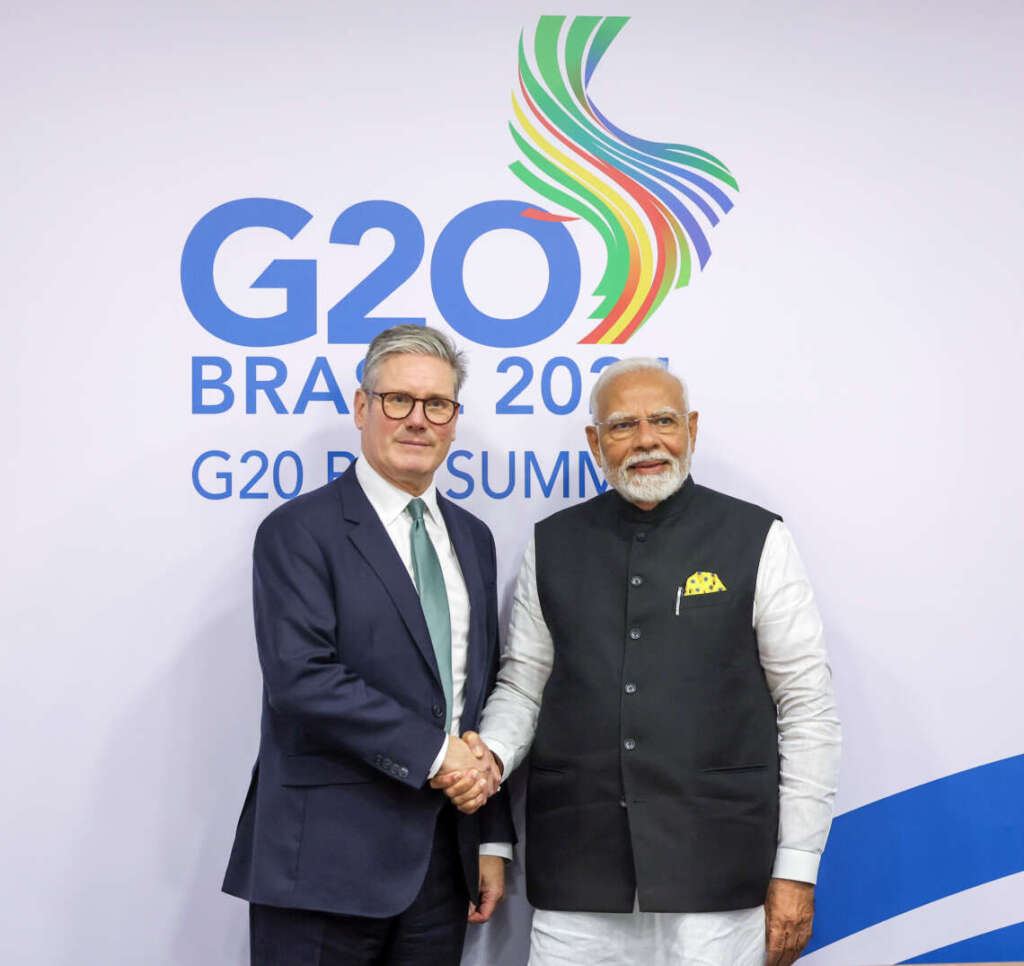
The deal outlines a phased approach to tariff liberalisation. Key Indian sectors such as textiles, leather, pharmaceuticals, and gems and jewellery are set to benefit from full tariff elimination. Meanwhile, British exports like automotive components, premium alcohol, and processed foods will enjoy gradual tariff relief. A standout feature is the reduction of tariffs on automotive imports from 100% to 10%, a move anticipated to stimulate cross-border industrial collaboration and competitiveness. The FTA also incorporates provisions for improved customs processes, regulatory cooperation, and trade facilitation to minimize transaction costs and enhance business certainty.
According to India’s Ministry of Commerce and Industry, bilateral trade between India and the UK rose from USD 17.1 billion in 2021–22 to USD 21.3 billion in 2023–24. India maintained a trade surplus, exporting USD 12.9 billion to the UK and importing USD 8.4 billion in return. The agreement is expected to double bilateral trade within the next six to seven years by dismantling long-standing tariff and non-tariff barriers.
The structure of trade between the two countries remains complementary. India’s key exports to the UK include garments, engineering goods, petroleum products, pharmaceuticals, and spices, all of which stand to gain from enhanced market access. On the other hand, India imports precision instruments, high-end machinery, chemicals, and medical devices from the UK. British exporters are also expected to benefit from improved access to India’s expanding consumer base, especially in sectors such as confectionery, alcohol, and specialty chemicals. The FTA further includes provisions for mutual recognition of standards and streamlined customs protocols, aimed at reducing regulatory friction.
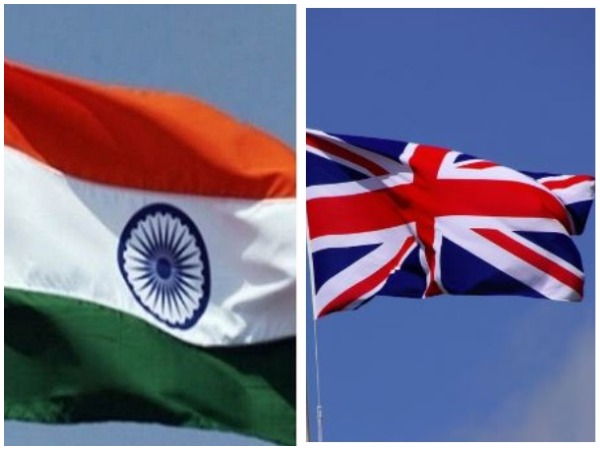
Investment ties are another pillar of this partnership. In FY 2022–23, India received USD 1.74 billion in foreign direct investment (FDI) from the UK, a significant jump from the previous year. From April 2000 to June 2023, UK investments in India totaled USD 34.29 billion, making the UK one of India’s top investors. British firms have been active in banking, retail, insurance, and green energy. Meanwhile, India ranks among the largest investors in the UK, with major contributions in IT, pharmaceuticals, and automotive industries. The FTA is set to deepen investment flows through strong investor protection clauses, dispute resolution mechanisms, and enhanced legal certainty.
The FTA is expected to deliver wide-ranging benefits. Labour-intensive sectors like apparel will see tariff barriers removed, making Indian goods more competitive in the UK. British exporters will gain preferential access to India’s growing market, particularly post-Brexit. Consumers in both countries can expect lower prices and greater product variety. Small and medium enterprises (SMEs) will be supported through digital trade provisions, access to new technologies, and simplified regulatory pathways. The deal also has a strategic dimension, reinforcing cooperation in digital innovation, education, climate initiatives, and professional mobility. Moreover, it is anticipated to generate significant employment and skill development in both nations, especially in manufacturing, logistics, IT, and services.
As Times of Oman notes, this agreement is more than just a trade pact—it represents a vision for deeper, values-driven cooperation between two major democracies. By lowering barriers, simplifying procedures, and opening new economic frontiers, the India-UK FTA sets the stage for a transformative partnership in an era of global uncertainty. It stands as a timely model of pragmatic, mutually beneficial globalization.




